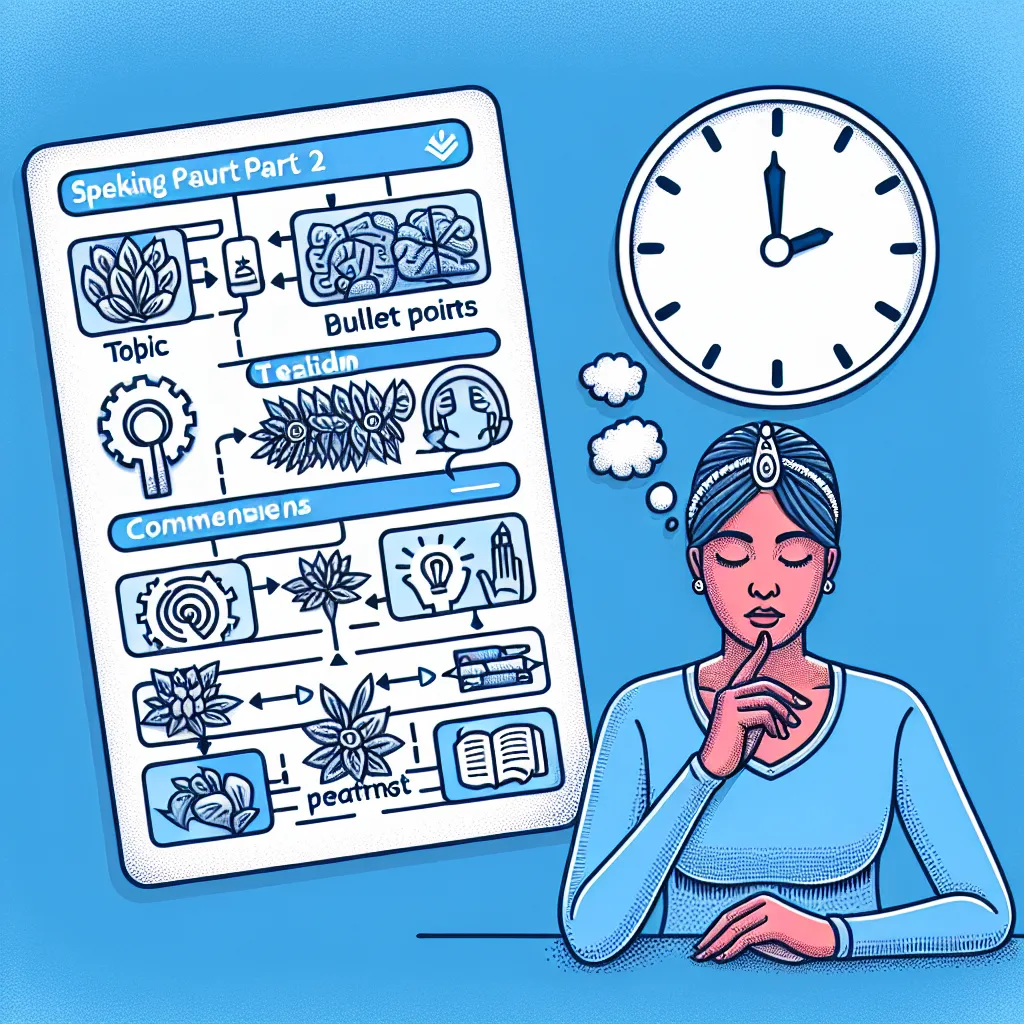The IELTS Listening test is a crucial component of the IELTS exam, designed to assess your ability to understand spoken English in various contexts. Whether you’re taking the test for academic or general purposes, knowing what to expect can significantly boost your confidence and performance. In this comprehensive guide, we’ll explore the structure, content, and challenges of the IELTS Listening test, providing you with valuable insights to help you prepare effectively.
Understanding the IELTS Listening Test Format
The IELTS Listening test is the same for both Academic and General Training modules. It consists of four sections, each with ten questions, for a total of 40 questions. The entire test lasts approximately 30 minutes, with an additional 10 minutes given at the end to transfer your answers to the answer sheet.
 IELTS Listening Test Structure
IELTS Listening Test Structure
Section 1: Everyday Social Context
This section typically features a conversation between two people in an everyday social context. For example, you might hear a dialogue about making a restaurant reservation or inquiring about a gym membership.
Section 2: General Interest Topic
Section 2 usually consists of a monologue on a general interest topic. This could be a speech about a local community event or a talk about a new public service.
Section 3: Educational or Training Context
This section involves a conversation between two to four people in an educational or training setting. You might hear a discussion between students about a group project or a conversation between a tutor and a student about coursework.
Section 4: Academic Subject
The final section is a monologue on an academic subject, similar to a university lecture. Topics can range from scientific discoveries to historical events.
Types of Questions You’ll Encounter
The IELTS Listening test includes various question types designed to assess different aspects of your listening comprehension. Here are some common question formats you should be prepared for:
- Multiple choice
- Matching
- Plan, map, or diagram labeling
- Form, note, table, flow-chart, or summary completion
- Sentence completion
- Short answer questions
It’s essential to familiarize yourself with these question types through practice tests to improve your speed and accuracy during the actual exam.
Key Challenges and How to Overcome Them
Challenge 1: Keeping Up with the Audio
The audio is played only once, which can be stressful for many test-takers. To overcome this:
- Practice active listening regularly
- Improve your note-taking skills
- Learn to predict information based on context
Challenge 2: Unfamiliar Accents
You may encounter various English accents in the test. To prepare:
- Listen to a wide range of English accents through podcasts, news broadcasts, and online resources
- Focus on understanding the overall message rather than every single word
Challenge 3: Maintaining Concentration
Staying focused for 30 minutes can be challenging. To improve your concentration:
- Practice with full-length practice tests
- Work on your stamina by gradually increasing your listening practice sessions
- Develop strategies to refocus quickly if your mind wanders
Strategies for Success
To maximize your performance in the IELTS Listening test, consider the following strategies:
- Read instructions carefully: Understand what’s required before the audio begins.
- Skim the questions: Use the time given before each section to preview the questions.
- Listen for signpost words: Pay attention to words that indicate important information is coming.
- Write as you listen: Don’t wait until the end to write your answers.
- Check your spelling and grammar: Incorrect spelling or grammar can cost you marks.
- Answer all questions: There’s no penalty for wrong answers, so always provide an answer.
 IELTS Listening Test Strategies
IELTS Listening Test Strategies
Common Pitfalls to Avoid
Be aware of these common mistakes that can impact your IELTS Listening score:
- Misinterpreting synonyms or paraphrases
- Getting distracted by ‘distractor’ information in the audio
- Failing to follow word limit instructions in short answer questions
- Missing answers due to poor time management
- Writing illegibly when transferring answers to the answer sheet
Preparation Tips
To effectively prepare for the IELTS Listening test:
- Use official IELTS practice materials: These provide the most accurate representation of the test.
- Practice with a timer: Get used to the pace of the real test.
- Improve your general listening skills: Engage with English-language media daily.
- Work on your vocabulary: Focus on words and phrases common in academic and social contexts.
- Take mock tests: Simulate exam conditions to build confidence and identify areas for improvement.
Next Steps
Now that you have a clear understanding of what to expect in the IELTS Listening test, it’s time to put this knowledge into practice. Start by assessing your current listening skills with a practice test, then create a study plan that addresses your weak areas. Remember, consistent practice and exposure to a variety of English accents and topics are key to improving your performance.
As you prepare, don’t forget to balance your IELTS Listening practice with the other components of the test. A well-rounded approach will ensure you’re fully prepared for all aspects of the IELTS exam.
By knowing what to expect and preparing thoroughly, you can approach the IELTS Listening test with confidence and achieve the score you need. Good luck with your IELTS journey!
[internal_links]




